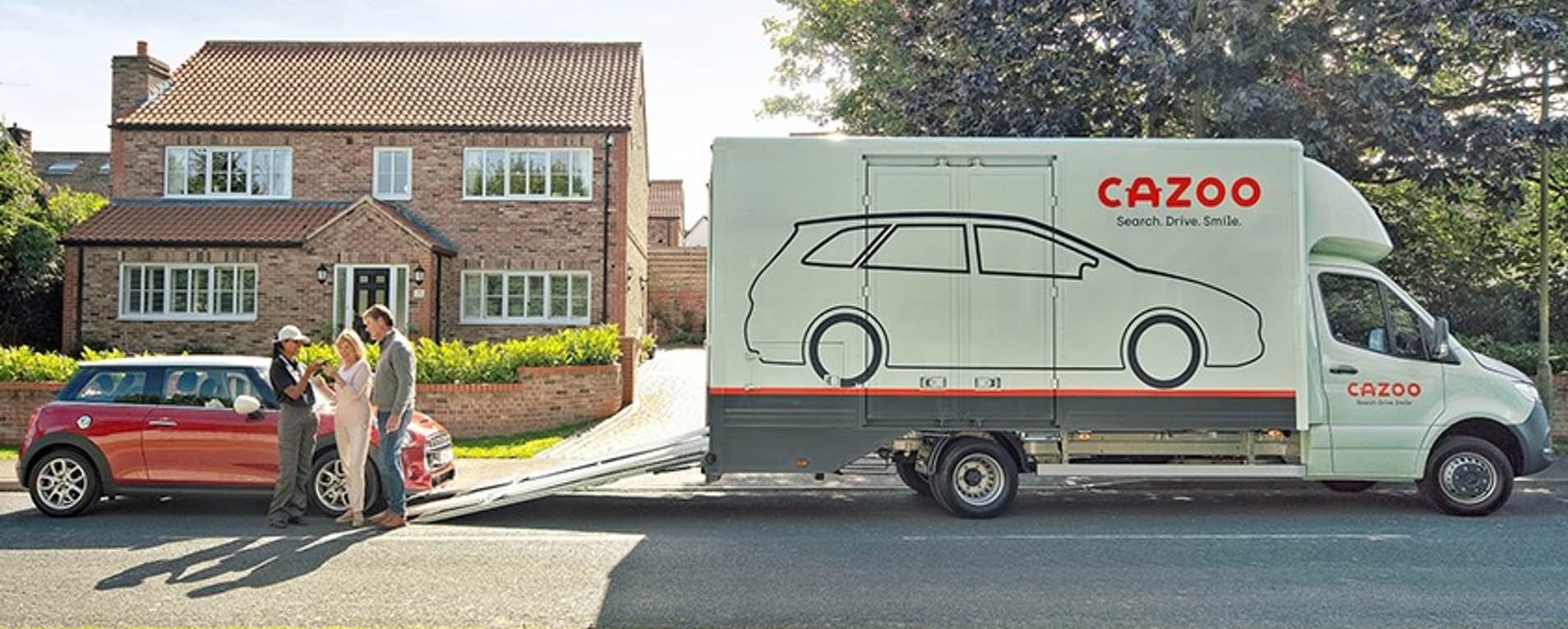Rumours are swirling this week about the financial health of Cazoo. A couple of years ago I expressed my bewilderment that Cazoo had been floated on the US stock exchange with a valuation of $8 billion. That’s eight thousand million dollars! An outrageous ticket when substantial car retail groups, with an international presence, brand recognition and significant profitability were valued at less than 5% of that sum.
Founding an automotive technology company is a journey I am familiar with. Some years ago, I resigned as CEO of BMW GB to pursue my belief that the internet could deliver a generational shift in car retail. Over the next few years, with a passionate and talented team, we created epyx and its product suite 1Link. This outstanding business became the market leader in the UK, France, Germany and Portugal. Handling tens of thousands of transactions each year the business was highly profitable. We sold the company to a global enterprise and it has continued to grow and develop.
Since then, online retail has changed the automotive sector in every way. Manufacturers and their dealer networks are comfortable offering a full suite of online services to customers who expect the convenience of online support. Independent brands such as Autotrader, Motoring, CarGurus and RACcars offer new and used cars, servicing, finance and support.
Cazoo buys used cars which it reconditions, offers for sale through its website and delivers to the buyer in a liveried truck. Customers who prefer not to transact online can complete their transaction at one of the network of Cazoo Customer Centres or dealerships. This is exactly the same process that has been in place for many years and is operated by every decent mainstream car dealer, with the difference that car dealers also offer new cars, vehicle servicing and support.
What Cazoo did differently was to apply an enormous marketing budget to playing ‘sponsor bingo’ – a game where the winner is the first player to sponsor every high profile event or team in the market. The Cazoo brand was proudly displayed by: Everton FC, Aston Villa FC, the Rugby League World Cup, the Hundred Cricket, the World Snooker tour, all 72 English Football League clubs, the Derby Racing Festival, the St Leger Festival, the Welsh Rugby Union team, The Golf Open championship, The Darts World Cup, the European Championship and, for angling drivers, FishOMania. Each of these sponsorships was reinforced by a blizzard of media advertising.
Why was I so surprised by the Cazoo valuation – precisely because there is no difference in the business model compared with existing motor retail. Cazoo is not a tech stock. It is not a new route to market. It is not even a radical or fresh approach to existing processes. And so the results have proven. The business is three years old and has disclosed a staggering £704m in losses for 2022, despite a 91% increase in revenues to £1.25 billion and the delivery of 65,366 units (equivalent to a large dealer group) in the year. The stock market now values the company at $70m. That’s a staggering 99% loss of value.
Investors who didn’t understand the market placed their bets in the expectation that the sheer power of their money would win enormous market share. It hasn’t worked and now the cash-strapped online car retailer must urgently secure additional capital before the second half of 2024 if it is to keep afloat. If that doesn’t happen (and why should anybody else invest in the model?) the management have stated they may have to cease operations altogether.
Am I pleased that my forecast was borne out? No, not for a second. Cazoo was founded to revolutionise the car-buying experience and I welcome that. But it went about it the wrong way. Online sales were bolstered by the rapid expansion of physical assets including car supermarkets, vehicle preparation sites and car subscription companies. This placed the new business directly in competition with existing car dealer groups who, while far from perfect, had refined their retail model over many years. The rate of Cazoo’s cash burn was extreme and their reserves insufficient to pull ahead of the competition. In short, Cazoo was nothing new.
The secret of building a new competitive advantage is in the first word – new! If you can’t separate your product and service from those already on offer, then why should the customer deal with you? What are you offering that is different? Cazoo may have bought brand exposure and awareness (as have Cinch, losses £180m, watch this space!) but that alone simply isn’t enough.
I have spent my career working with amazing teams to build extraordinary companies. Each time we start the process we challenge ourselves to be brutally honest and interrogate our business to understand what we can offer our existing and potential new customers that is different, special and financially viable. Sometimes the answer is straightforward, frequently it isn’t. The long term truth is that every business needs to understand that ‘what got you here, won’t get you to there.’
No business can continue to outspend its competitors, the best leaders outthink the competition and build something which is fresh, new, relevant and exciting.


